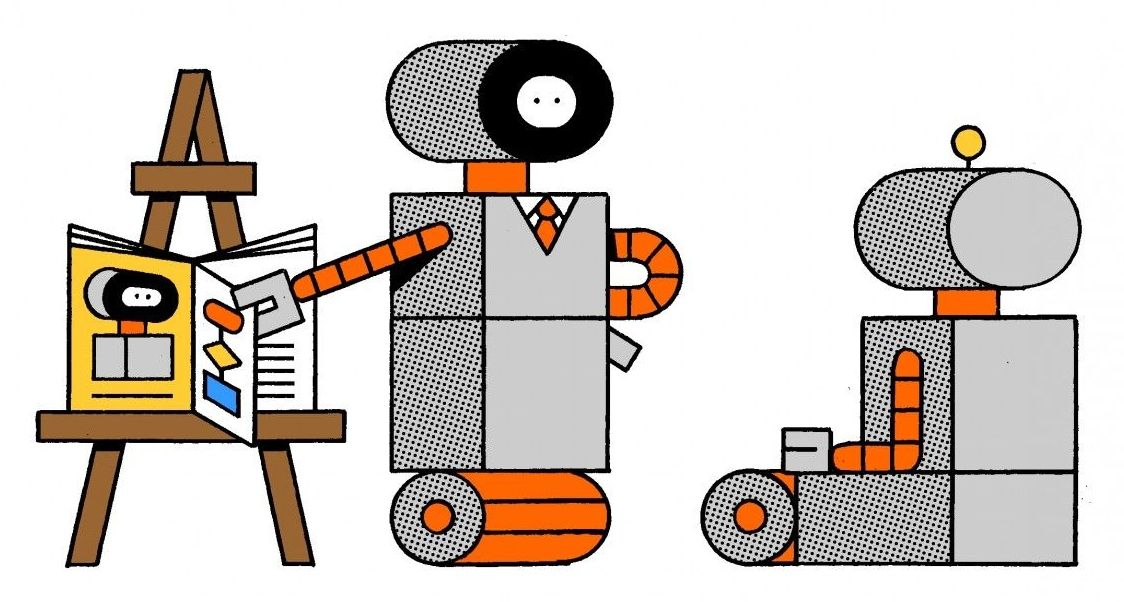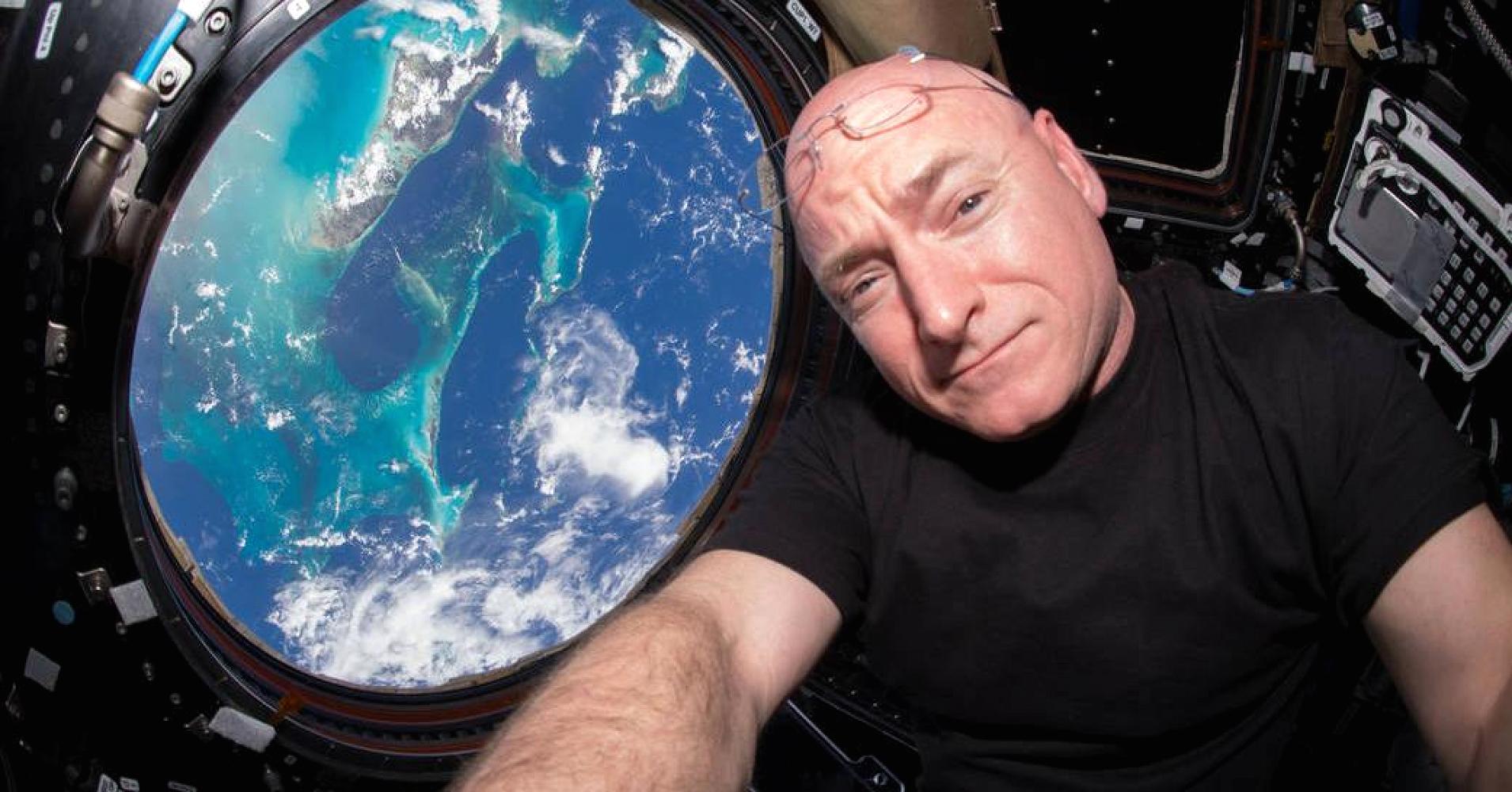Author, Writer, Consultant, Speaker and researcher into all areas of Autism.
All from the perspective of being Autistic myself.


Really excited to announce my interview in Allure Magazine, one of the biggest women’s mags out there. This is also in print as their November “Science” Issue with 1.2 million distribution: I believe it’s the first time #transhumanism has been in their mag and shows how widespread the movement is getting. 2 other longevity interviews as well in story:
If you’ve ever thought it might be nice to live forever, you’re in impressive company. From moon-shot projects to billionaire-funded research, three experts share vastly different views on the future of what it means to be human.
Laura Carstensen is the director of the Center of Longevity at Stanford University and the author of A Long Bright Future: Happiness, Health, and Financial Security in an Age of Increased Longevity (PublicAffairs).
You May Also Like

Every modern economy wants its own version of Silicon Valley and in Japan the urge to find or create one is just as strong. Although the country’s pedigree as an innovator is not in doubt, rapidly adapting to the digital age has proven challenging for its once-mighty consumer electronics companies.
Fukuoka, Kyoto and Tokyo’s Shibuya district are all staking their claim.

I often hear the claim that death is a statistical certainty. This is my mathematical take at why this is not true, assuming the defeat of ageing, and no, being immortal is not required.
If a fully rejuvenated person was hit by a train at full speed, I can promise you they would stand the same pathetically low chances of ever being reassembled into a single, barely functional piece as any non-rejuvenated person of any age. Keeping that in mind, if anyone tried to sell me rejuvenation as ‘immortality’, rest assured I would demand to see the manager right away.
On a different yet unexpectedly related note, if I had a nickel for every time I heard or read something along the lines of ‘death is inevitable because probability’, I could donate so much money to LEAF the IRS would start thinking they’re a bit too well off for a charity.
Oh, and with the rest of the money, I could buy LinkedIn and pay someone to finally give it a user interface you can look at without your eyes bleeding.



Whenever the topic of increasing human lifespan is discussed the concern is sometimes raised that a longer life would mean a life spent frail and decrepit. This is sometimes known as the Tithonus error and shows a fundamental misunderstanding of the aims of rejuvenation biotechnology. The concern is based on the ancient Greek myth of Tithonus which might be thought of as a cautionary tale warning seekers of an eternal life of its alleged inherent dangers.

Elon Musk is racing to land SpaceX on Mars in five years, a vision he unveiled late last month at the 2017 International Astronautical Congress.
One man not among Musk’s critics is Scott Kelly, a retired astronaut who set the record in 2015 for total accumulated days in space, during the single longest mission by an American.
“When Elon Musk said he was going to launch his rocket and then land the first stage on a barge, I thought he was crazy,” Kelly told “Squawk Box” on Tuesday. “And then he did it. I’m not going to ever doubt what he says, ever again.”
The immigration population in the United States jumped to a record 43million people in 2016, according to a new report.
And when adding in the children of those individuals, the number jumps to over 60million people.
That means that legal and illegal immigrants account for at least one in every people in the United States, according to a review of federal statistics by the Center for Immigration Studies.
